-78%
Exploring the Depths of Asthma Management: A Comprehensive Guide
This special issue of Nursing Clinics, expertly curated by Guest Editor Cathy Catrambone, PhD, RN, of Rush University, delves into the vast landscape of asthma management. This meticulously crafted compilation of articles provides healthcare professionals with an invaluable resource, addressing key aspects of asthma assessment, treatment strategies, and patient-centered approaches.
Assessment of Asthma: Unveiling the Root Causes
The initial step in effective asthma management lies in a thorough assessment to identify the underlying factors contributing to the condition. Articles in this section provide guidance on:
- Differential Diagnosis: Distinguishing asthma from other respiratory conditions with similar symptoms, such as chronic obstructive pulmonary disease (COPD) and bronchitis.
- Pulmonary Function Testing: Objective measures of lung capacity and airflow limitation, essential for confirming asthma and monitoring its progression.
- Allergy Testing: Identifying specific substances (allergens) that trigger asthma symptoms, enabling targeted avoidance strategies.
Pharmacotherapy: Harnessing Medications to Combat Asthma
A cornerstone of asthma management involves the judicious use of medications to control inflammation and prevent exacerbations. Articles in this section explore:
- Inhaled Corticosteroids: First-line medications for long-term asthma control, reducing airway inflammation and mitigating symptoms.
- Beta-Agonists: Short-acting and long-acting bronchodilators that rapidly open airways, providing relief from acute asthma attacks.
- Leukotriene Modifiers: Anti-inflammatory medications that block the action of leukotrienes, substances involved in airway constriction.
Asthma Management: A Patient-Centered Approach
Beyond pharmacological interventions, effective asthma management requires a comprehensive approach that empowers patients to take an active role in their care. Articles in this section emphasize:
- Asthma Action Plans: Personalized plans that guide patients in recognizing and responding to asthma symptoms, helping them avoid severe attacks.
- Patient Education: Providing comprehensive information about asthma, its triggers, and management strategies, fostering patient self-efficacy.
- Lifestyle Modifications: Addressing modifiable risk factors such as smoking cessation, weight management, and avoidance of environmental triggers.
Pediatric Asthma: Unique Considerations for Young Patients
Asthma in children presents distinct challenges and requires specialized management strategies. Articles in this section cover:
- Diagnosis and Assessment: Specific considerations for pediatric asthma, including differences in pulmonary function testing and allergy assessment.
- Treatment Options: Tailoring medications and management approaches to the developmental stage and individual needs of children.
- Parental Involvement: Emphasizing the critical role of parents and caregivers in managing pediatric asthma, including medication administration, symptom monitoring, and lifestyle interventions.
Asthma and Obesity: An Intertwined Relationship
The growing prevalence of obesity has emerged as a significant factor in asthma management. Articles in this section discuss:
- Synergy of Asthma and Obesity: The complex interplay between asthma and obesity, including the impact of obesity on asthma severity and vice versa.
- Comorbidity Management: Strategies for managing both asthma and obesity effectively, addressing the unique challenges posed by this dual diagnosis.
- Intervention Strategies: Exploring lifestyle interventions, behavioral therapies, and medical approaches to mitigate the impact of obesity on asthma.
Through a comprehensive review of these essential topics, this special issue of Nursing Clinics serves as an invaluable resource for healthcare professionals dedicated to providing optimal asthma management for their patients. By staying abreast of the latest research and innovative approaches, nurses and other healthcare providers can empower patients to effectively control their asthma, improve their quality of life, and prevent exacerbations.

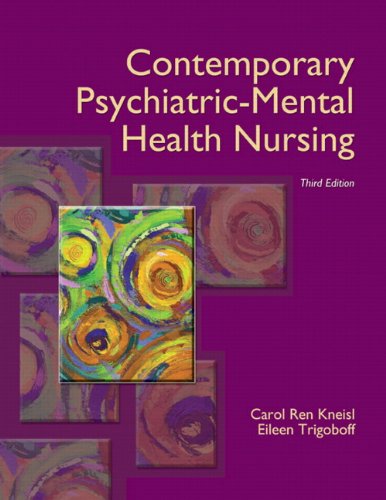
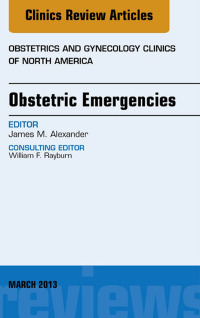
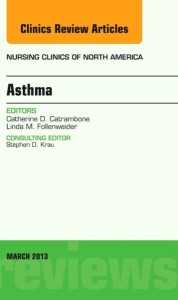

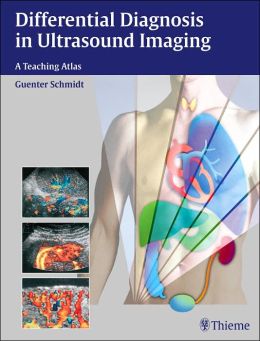
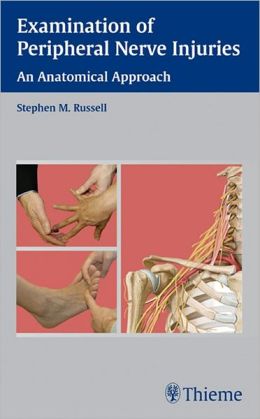
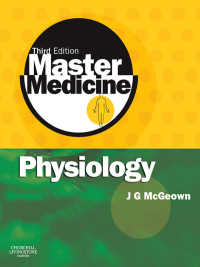
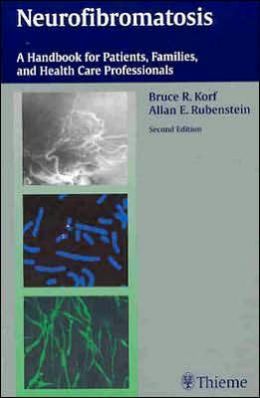
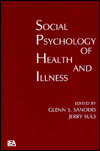
Reviews
Clear filtersThere are no reviews yet.